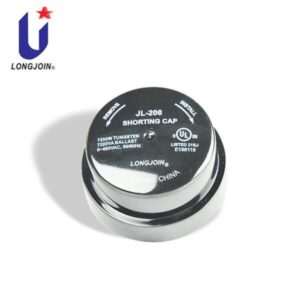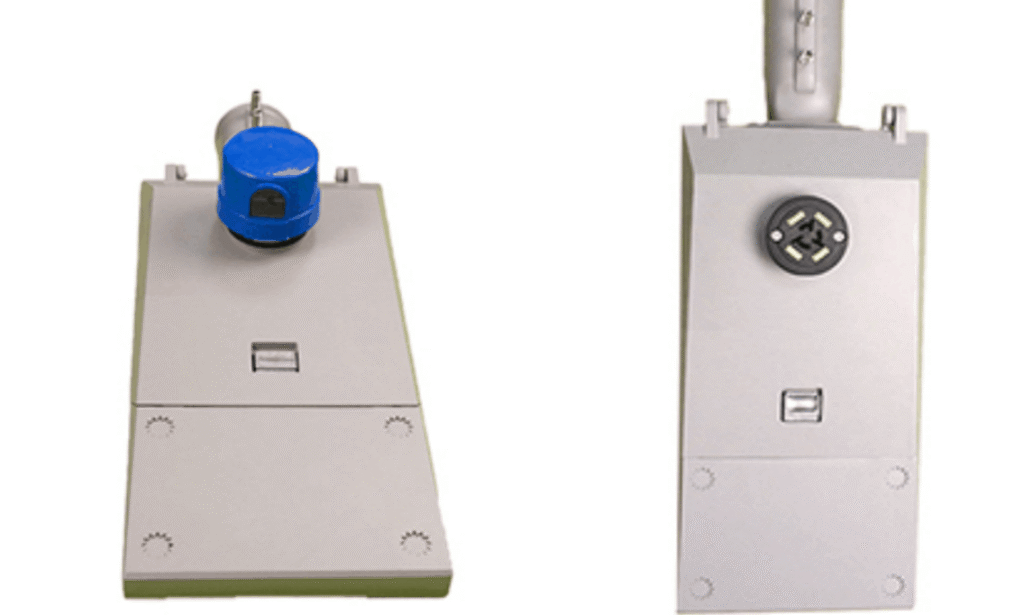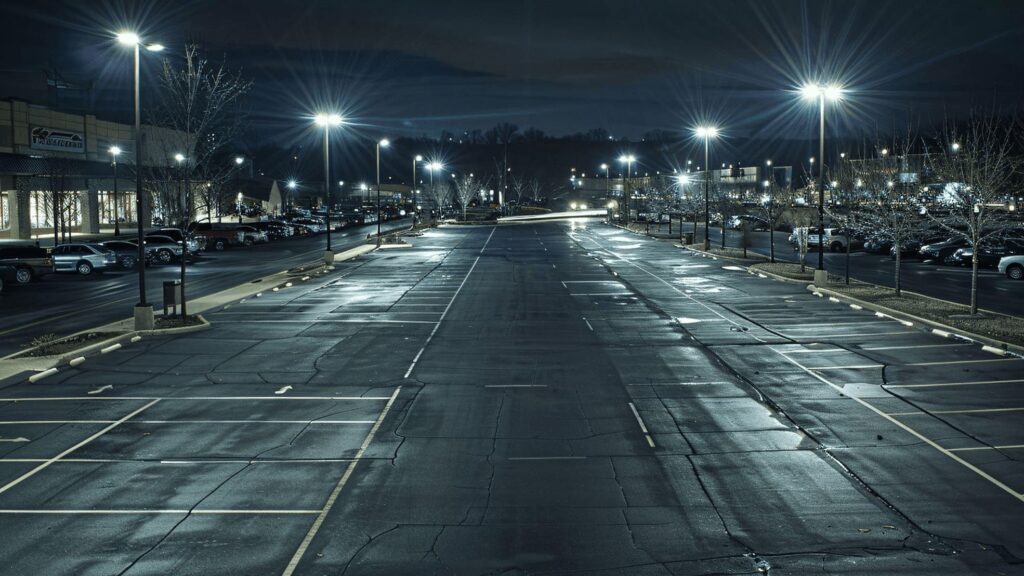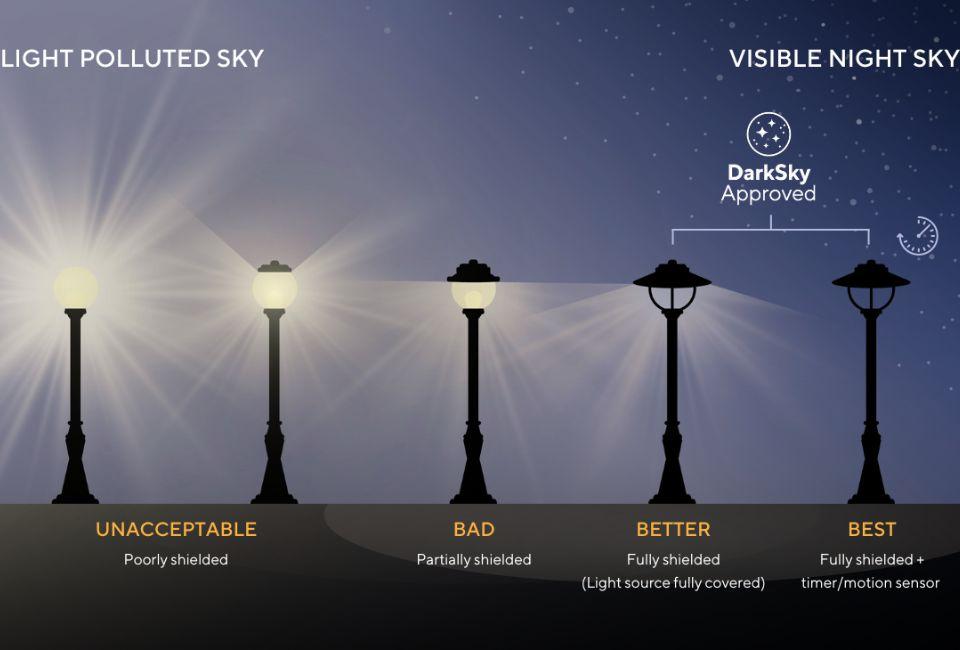Outline
- Introduction
- What is the shorting cap?
- Why is shorting cap important?
- Electrical safety
- Public safety
- Enhances Durability
- Enhances reliability
- How shorting cap prevent electrical Hazards?
- Risks of residual voltage
- Electrical shock
- Fire hazards
- Component damage
- Liability issues
- FAQs
- Conclusion
Introduction
Have you ever imagined urban areas without streetlights? It would be all dim. Without streetlights, a street would be nothing. Streetlights are vital to provide illumination to outdoor environments. There is much more to do than installing the streetlight. We have to ensure the safety of these lights. One often overlooked component that contributes to the safety of streetlights is the shorting cap.
In this article, I will cover the importance of shortening caps in street light safety and efficiency. Let us get into it without any delay!
What is Shorting Cap?
Shorting caps are small devices included in street lighting systems. They connect two terminals to discharge excess electrical energy. When the power is turned off, they make sure that no energy remains in the system. If this energy is not removed, the risk of electrical hazards is high. A shorting cap on the lights would prevent you from accidental shocks.
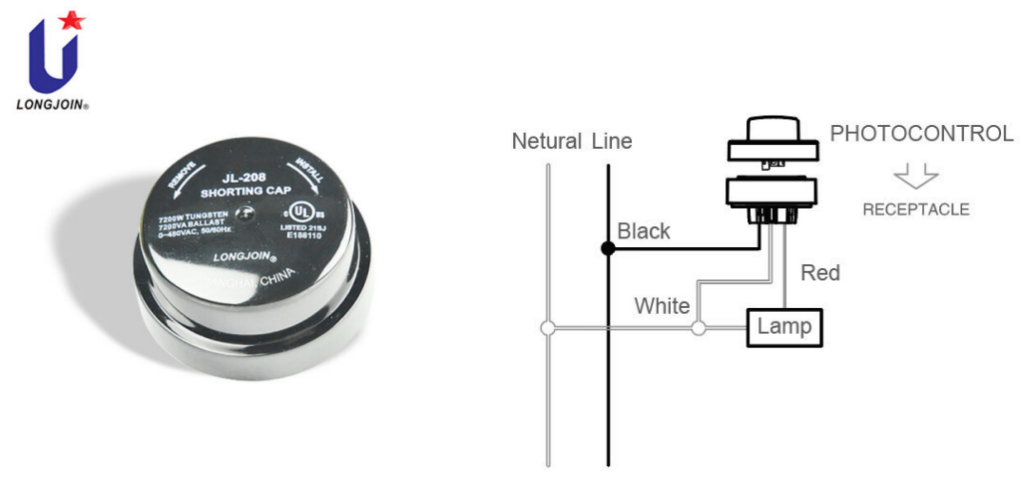
Caption: Shorting Cap
Why is Shorting Cap Important?
If you are about to install a streetlight, do not forget the shorting cap. It is a crucial component in the lighting system. It prioritizes the safety of the public and enhances the efficiency of the lights. Here are some factors that highlight the importance of a shorting cap in streetlights.
Electrical Safety
Your work does not end with installing the street light. It needs to be regularly maintained and checked for proper functioning. Replacement of bulbs is also required frequently. If you are doing so without shorting caps, the residual voltage may remain in the circuit. Even if you turn off the power, you may get electrical shocks. It can cause serious injuries. Shorting cap makes sure that residual energy is safely discharged to prevent mishaps.
Public Safety
Streetlights are installed in outdoor environments where people are moving at all times. Malfunctioning of the streetlight poses a threat to the safety of motorcyclists and pedestrians. Their protection should be your priority, Whenver a lighting system is installed, the shorting cap is essential. It will keep you away from dangerous conditions.
Enhances Durability
Shorting caps are vital to extend the lifespan of street light components. Voltage continues to vary in some areas, and this can cause damage to lighting components. Rapid voltage spikes cause severe damage to sensitive components. Shorting caps protect the lighting system from damage by ensuring a controlled release of energy. It will enhance the efficiency of your lighting system and certifies that it lasts longer.
Enhances Reliability
Lighting systems installed in an outdoor environments are subjected to harsh environmental conditions. They experience temperature fluctuations, humidity, and voltage variations. These factors affect the reliability of the system. Shorting caps maintain a stable electrical environment. They eradicate the effects of voltage fluctuations. It gives you a more reliable streetlighting system, It will operate consistently, without any effect on environmental conditions.
How Shorting Caps Prevent Electrical Hazards?
Shorting caps prevent electric hazards by discharging residual voltage in electrical circuits. When the power in a circuit is switched off, some voltage remains in the circuit due to capacitance. This voltage causes a risk of electrical shock.
Shorting caps give a low-impedenc path for this residual voltage. The shorting cap will rapidly discharge this in the circuit. Since the charges are removed, there is no risk of electrical hazards or shocks. It also prevents overheating of the components of the lighting system.
Risks of Residual Voltage
Residual voltage is the electrical charge that remains in the circuit after the power has been disconnected. This phenomenon can pose various risks in electrical systems including street lights. It can result from capacitance in the circuit or inductive loads. Here are some of the threats posed by residual voltage;
Electrical Shock
If the charges are not discharged, the risk of electrical shock is high. Anyone who comes in contact with the street light has a risk of shock even if it is turned off. Shorting caps are essential to ensure the safety of individuals working with or near the street lights.
Fire hazards
Apart from electrical shock risks, the residual voltage can cause fire hazards. The accumulation of electrical charge in the lighting system would heat the components. Overheating causes fires. Fire is a risk to public safety. It can result in damage to property and infrastructure.
Component Damage
Lighting systems have several sensitive components installed in them. Sudden fluctuations due to residual voltage affect the performance of a lighting system. It compromises their reliability and causes premature failure. The maintenance requirements and costs associated with it also increase.
Liability Issues
If you are not addressing the voltage issues, you may not meet the safety regulations. Streetlights are benign covered for the protection of the public. Inadequate safety measures will expose the concerned authorities in case of any accident. Proper release of electrical charges is crucial for legal compliance.
FAQs
- What is the purpose of a shorting cap?
The purpose of a shorting cap is to safely discharge residual voltage in electrical circuits. It prevents the buildup of hazardous electrical charge after power is turned off.
- Can residual voltage pose risks to street light maintenance workers?
Yes, residual voltage can linger in street light circuits even after power is turned off. It poses a risk of electric shock to maintenance personnel if not properly discharged.
- Do all street light fixtures come equipped with shorting caps?
Most modern street light fixtures come with shorting caps as standard safety features to comply with industry regulations and standards.
- Are there any regulatory requirements regarding the use of shorting caps in street light systems?
Many regulatory bodies and standards organizations require the use of shorting caps in street light fixtures. It ensures compliance with safety regulations and minimizes electrical hazards.
- Are shorting caps susceptible to wear and tear?
While shorting caps are durable components, they may degrade over time. It is due to factors such as temperature fluctuations and electrical stresses. Regular maintenance and inspection are recommended for their proper functioning.
Conclusion
Shorting cap’s importance for safety and efficiency cannot be ignored. They dissipate excess electrical energy and protect you and the public from electrical faults. They contribute to the reliability and durability of your lighting system. It will reduce the costs associated with maintenance and enhance the efficiency of the system.
External Link
https://www.researchgate.net/publication/241582655_Residual_Voltage_of_The_Electrical_Equipment
Keywords
- Residual voltage
- Shorting caps importance


